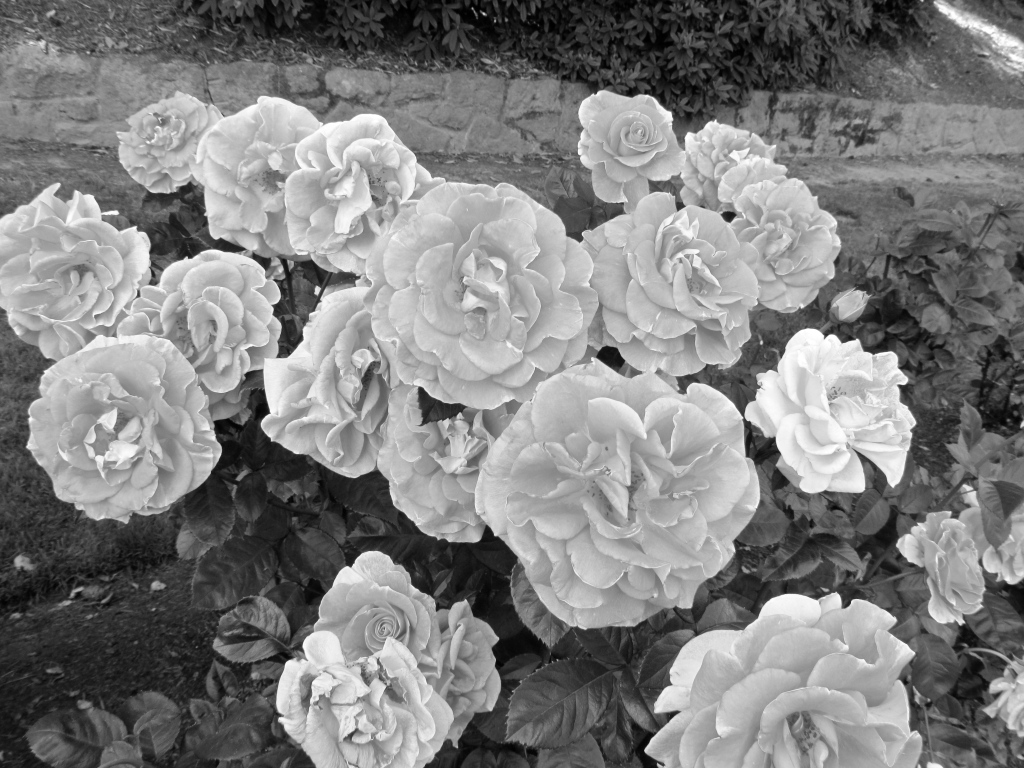Mission
This is not a perfume review blog. Inevitably I will express opinions on perfumes that I try, but anyone who is looking to get a quick thumbs up/thumbs down on a scent, or who wants a description of the notes, would do better by going to Basenotes, Makeupalley, and Fragrantica, all really amazing resources.
The world of perfume is immense. Hundreds of new perfumes emerge on the market every year. Companies spend billions on packaging, marketing, advertising, and research. Despite the ubiquitous presence of fragrances in our daily lives, from our laundry detergent to the odors coming out of trendy Fifth Avenue stores guarded by hot young guys without shirts on, there are relatively few books about the subject. There are few schools outside of France where one can learn about the history and the making of perfumes. Even if one were to have the fortunate opportunity to study in one of the major French schools, the training is so laborious that it takes years to obtain a degree that would land you a job at the small handful of corporations that manufacture the millions of smells that greet you each day.
Perfumes impact our world more than we realize. The immediate and involuntary reaction of hunger that happens when we walk by a bakery, the way we scrunch our noses at the smell of skunk, are signs of how hard-wired we are to our sense of smell. For millennia, priests throughout the world have burnt fragrant woods as offerings to higher gods and spirits. Nations waged wars over the ability to freely trade in teas, cinnamon, cloves, and cardamom. It is said that perfumes became popular when merchants transported silks from Asia with patchouli leaves around them to ward off pests. The European ladies who bought the fabrics loved the odor so much that a whole industry of perfumery was created to meet the demand.
There is a fascinating social and cultural history behind perfumes that deserves some attention in the online perfume community. I hope my blog can fill that void. What I aim to do here is explore the ways in which scents have figured into my life; the way they help to trigger emotions, memories, and images. Beyond the merely autobiographical, I hope to create a dialog about the social history of perfumes, the role it has played and still does in our everyday world to take it out of its present context as a frivolous, expensive, and decadent luxury. Fragrances are as essential to our daily lives as food–they make not satisfy your stomach, but they do wonders or the mind and spirit.
Niche perfumeries are my focus. The work coming out of places like Serge Lutens, L’Artisan Parfumeur, Le Labo, and CB I Hate Perfume, achieve the status of high art by combining smells that are confusing, unexpected and surprising. Like all good works of avant-garde art, they shake us out of our ordinary realities and wake us up to others. Because perfume as a form of art and a skilled craft interests me, perfumes by Britney Spears, Sarah Jessica Parker, Lady Gaga, Sean Combs, or Madonna’s 15 year old daughter have no place here. I have no interest in helping these celebrities make more money. However, I WILL write about the perfumers who helped them achieve their success. The great noses of our era, like Maurice Roucel, Dominique Ropion, Mona di Orio (RIP), Jean-Claude Ellena, Sophia Grosjman, to name only a few, are the real artists here who deserve our attention and admiration.
